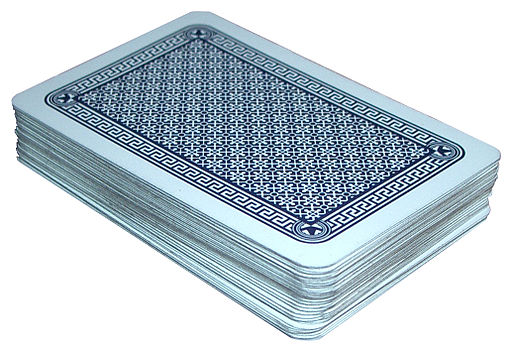Compose vs Comprise
Compose and comprise are often confused, as they have similar meanings but are used differently. Understanding the difference between these two words is not difficult if you follow some guidelines discussed in this article.
What does Comprise mean?
The dictionary definition of comprise is “to contain.” For example, when someone says a house comprises five rooms, they mean that the house contains five rooms. Remember that when using comprise, you are talking about parts that make up the whole. The verb comprise has its origins in Late Middle English.
What does Compose mean?
Compose, on the other hand, can be used in sentences such as “This compound is composed of molecules of so and so elements” or “Many ethnic groups compose our nation.” You can also use comprise in this context: “Our nation comprises many ethnic groups.” Another point to note is that “is composed of” is grammatically correct, whereas “is comprised of” is not. You can say that our nation is composed of many ethnic groups, but you cannot say that our nation is comprised of many ethnic groups. The verb compose also comes from Late Middle English and originates from the Old French word composer.
Key Takeaways
- Comprise and compose essentially have the same meaning, but are used differently.
- You can say “composed of,” but you cannot say “comprised of.”
- Both comprise and compose are verbs, but compose has several meanings, while comprise has only one.
